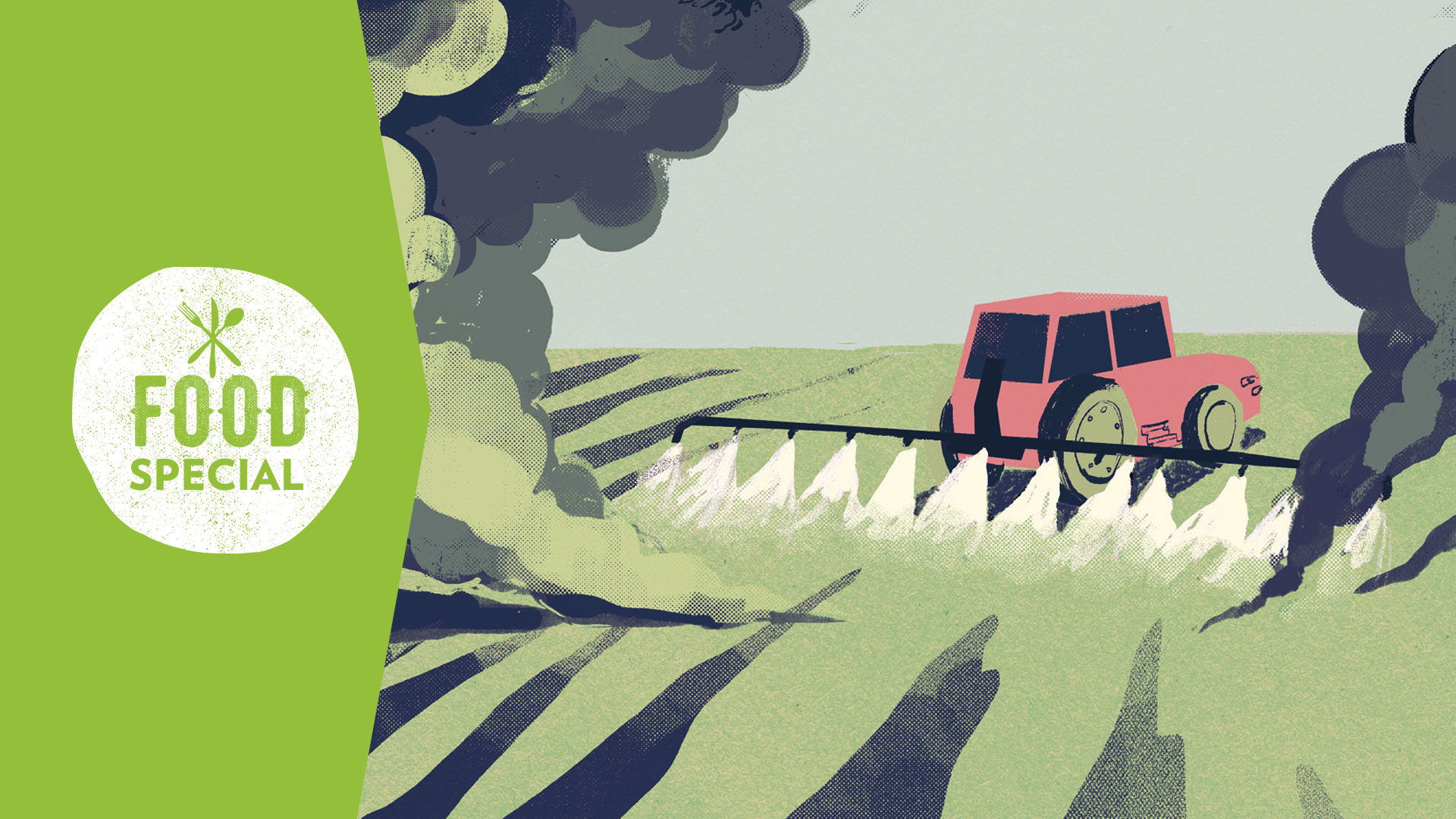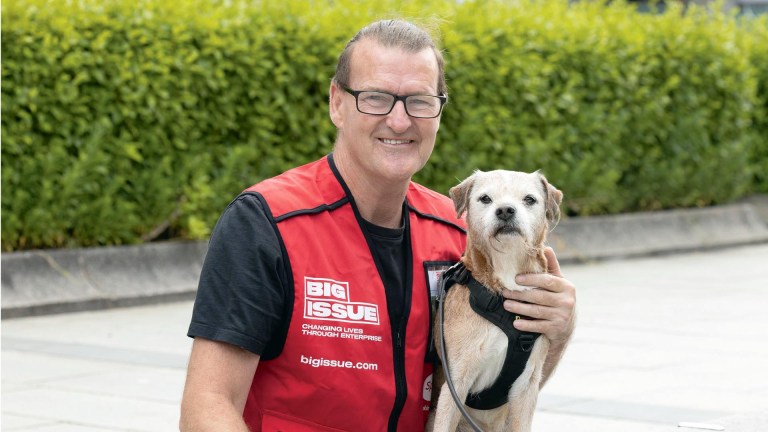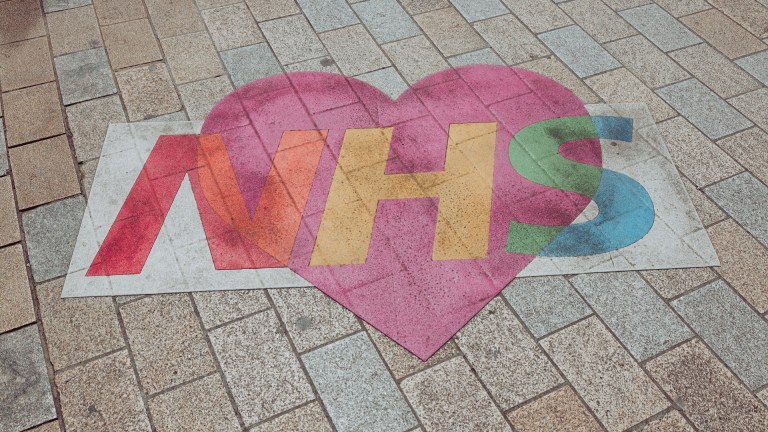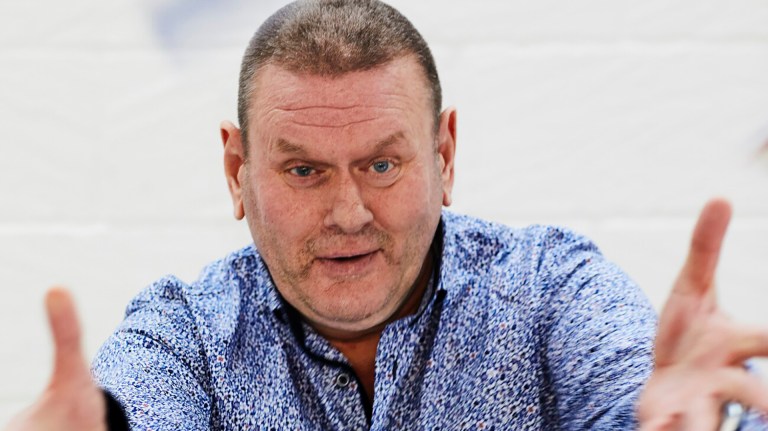We all need to stand up and be responsible for what our actions are and how we treat our countryside.
We all need to engage society in how we manage our landscapes in the UK and also globally because what we don’t want to do is just export our environmental footprint over to somewhere else just to have a cheaper product.
Over many decades, farm support payments have mainly focused on food production. This has not always helped the environment and we know that our soil’s health has been decreasing, some of the water quality isn’t great and many species numbers have really plummeted.
However, many farmers have been leading the recovery with some species and wildlife numbers increasing. I am quite excited about the prospect of a new agricultural bill and the hope of an environmental land management plan that encourages and rewards farmers for looking after their landscape at the same time as producing food.
As an industry, the way that we have been supported has not always helped us. We have been overruled and over-regulated and had lots of red tape to deal with, the current system is not really working for farmers. Hopefully going forward this new system will remove some of the rules that are stopping farmers from being able to deliver environmental benefits on productive farms.
Farmers are told that we have to produce cheap food and the supply chain pushes down prices so they are finding ever-increasing ways to get more out of less
We need the public to understand where their food comes from – many are quite disconnected from that – as well as how it is produced and what they can change through their purchasing power. Because if they are willing to pay a very small amount extra for their food, farmers will be able to produce products to higher welfare standards.









